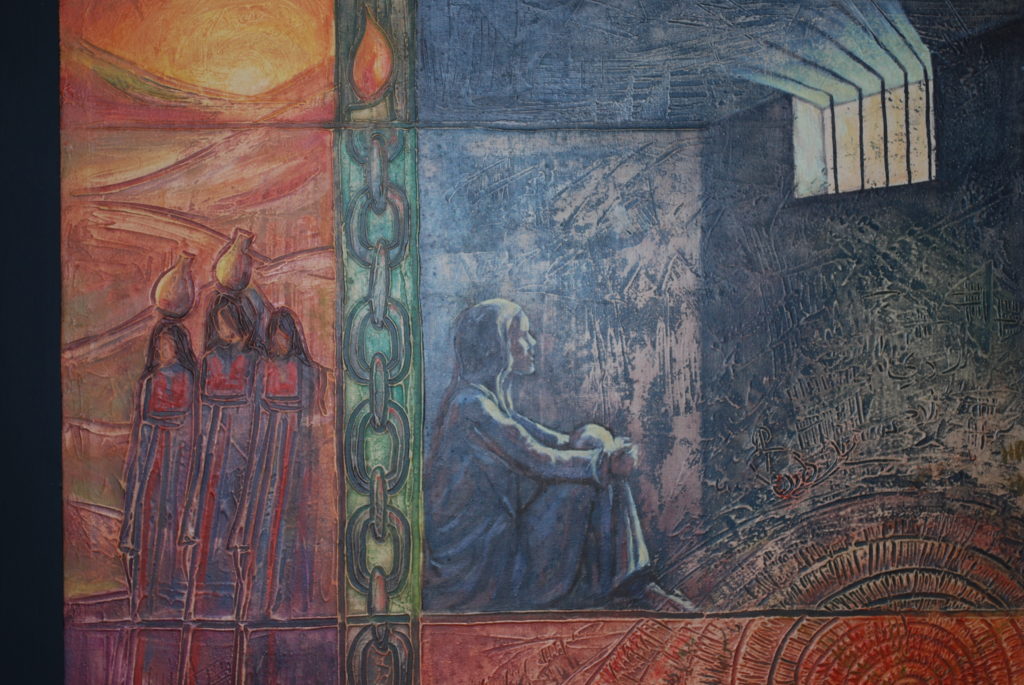… by a paradigm shift
Often, resilience-building projects focus on improving the means of survival or adaptation of life to the conditions created by crises, the return “to normality”. This is essential to maintain the possibilities of action of the affected populations. But it’s a rebound, not a breakthrough.
However, to be able to really progress during and after crises and even more to continue to develop positively and in an ethically responsible manner, it is important to modify the conditions due to the contexts. So for example social cohesion, informal social protection, the search for alternative livelihoods, different consumption of water and natural resources can be improved. The communities have generally understood this very well and with the means at hand are trying active and resilient local initiatives rooted in their cultures and respectful as much as possible of the environment.
To be able to really progress during and after crises and to continue to develop positively and in an ethically responsible manner, it is important to modify the conditions due to the contexts.
CERAR proposes to focus on transformative resilience by supporting and strengthening these local initiatives. This is done at different levels. First, at the individual, family and community levels, building resilience is based on confidence in oneself and in others, social recognition, pooling of livelihoods, strengthening of individual and collective capacities, and diversity social capital. At the regional and national levels, strengthening resilience centers on institutional, environmental and legal strengthening as well as on the reduction of inequalities and discriminations and the collective change of mentalities.
CERAR proposes to focus on transformative resilience
CERAR thus promotes and strengthens transformative resilience by improving the capacity for choice and initiatives of local associations and groups and community mobilization. To build this resilience, it is necessary to have a good initial understanding of the contexts, of the main factors that can contribute to its development in each specific environment so that a sustainable balance between these factors is established. Action research and contextualized local support can notably support the integration of local knowledge and cultural sensitivity to bring about transformative resilience.
Strengthening transformative resilience (the objective of CERAR) becomes possible thanks to localization and good cultural sensitivity.
Strengthening transformative resilience (the objective of CERAR) becomes possible thanks to localization and good cultural sensitivity.
